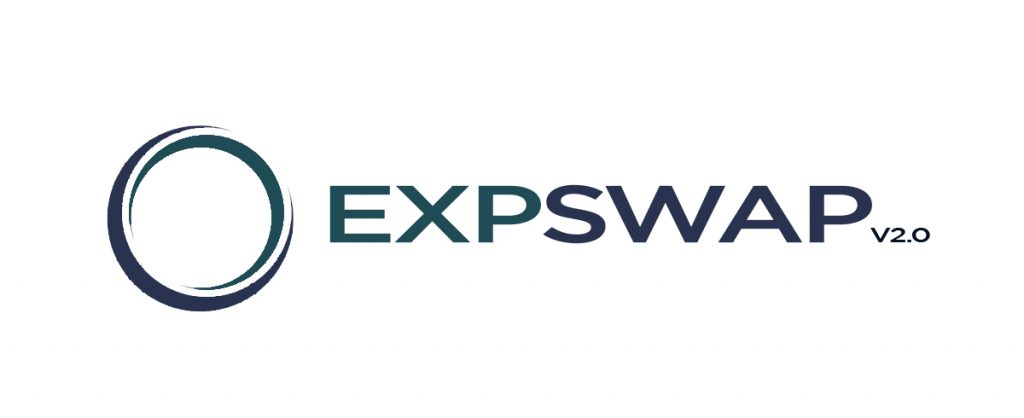The DEFI Team has been working on its own version of UNISWAP connected to the Expanse Network in this process the challenges have been interesting but most have been overcome by this team.
At Expanse we are committed to supporting the teams whom wish to build on our platform, we are supporting with configuration parameters and with the image and branding of the portal to follow the graphic line of Expanse.

ExpSwap is based on the Uniswap Automated Liquidity Protocol which is a fully decentralized protocol for automated liquidity provision on Expanse. A simple formalized equation drives unstoppable liquidity for thousands of users and hundreds of applications. This empowers developers, liquidity providers and traders to participate in a financial marketplace that is open and accessible to all.
This will be the tools available for ExpSwap
Just like the way Uniswap did the team is creating the same functionalities:
- An SDK to get started with ExpSwap: A step-by-step guide to getting started building interfaces with ExpSwap.
- A Smart contract development: Simplify the process of integrating Expswap into your project.
- Introduction to Flash Swaps: Withdraw the reserves of any ERC20 token on Expswap and execute arbitrary logic.
- Introduction to Oracles: Highly decentralized, manipulation-resistant, on-chain price feeds.
3 Basic and Important Questions
What is Expswap?
Expswap is a protocol for exchanging ERC-20 tokens on Expanse. It eliminates trusted intermediaries and unnecessary forms of rent extraction, allowing for fast, efficient trading. Where it makes trade offs decentralization, censorship resistance, and security are prioritized.
How does Expswap work?
Expswap is an automated liquidity protocol. In practical terms this means there are template smart contracts that define a standard way to make liquidity pools and corresponding markets that are compatible with each other. There is no orderbook, no centralized party and no central facilitator of trade. Each pool is defined by a smart contract that includes a few functions to enable swapping tokens, adding liquidity and more. At its core each pool uses the function x*y=k to maintain a curve along which trades can happen.
How are prices determined?
Prices are determined by the amount of each token in a pool. The smart contract maintains a constant using the following function: x*y=k. In this case x = token0, y = token1, k = constant. For each trade a certain amount of tokens are removed from the pool for an amount of the other token. To maintain k, the balances held by the smart contract are adjusted during the execution of the trade, therefore changing the price.
Status of Expswap
Early this week the team said:
“Yes we have read the conversation and the pressure we have. The update about the uniswap is that we have deployed all the uniswap contracts on expanse mainnet. Now we are just trying to fix some issues on the uniswap interface. We are having some errors on the uniswap interface regarding connecting with the expanse main node. As soon this will be fixed we are good to go IA. We are trying our best to finish this asap. ”
The developer in charge of the development of Expswap gave us this update today 09-15-20:
“We have deployed all the smart contracts of uniswap on expanse mainnet. Now we are working on uniswap interface customization to make it run for expanse network. Currently, we have fixed the issues of interaction with deployed contracts but still we are facing some issues regarding the token mappings. We are actively looking into providing a customized list of tokens in order to resolve the problem.”
But something amazing happened
Early this week Christopher Franko share on the Discord Channel:
“We have another team working on another exp defi project. One team is working on uniswap, the other is working on a sushi fork. This is going to get interesting!
It’ll be interesting to see what happens. I wonder if they can be LPs for each other.”
“They are working on adding defi projects to expanse and to help facilitate cross chain transactions that help alleviate congestion on other networks.”

